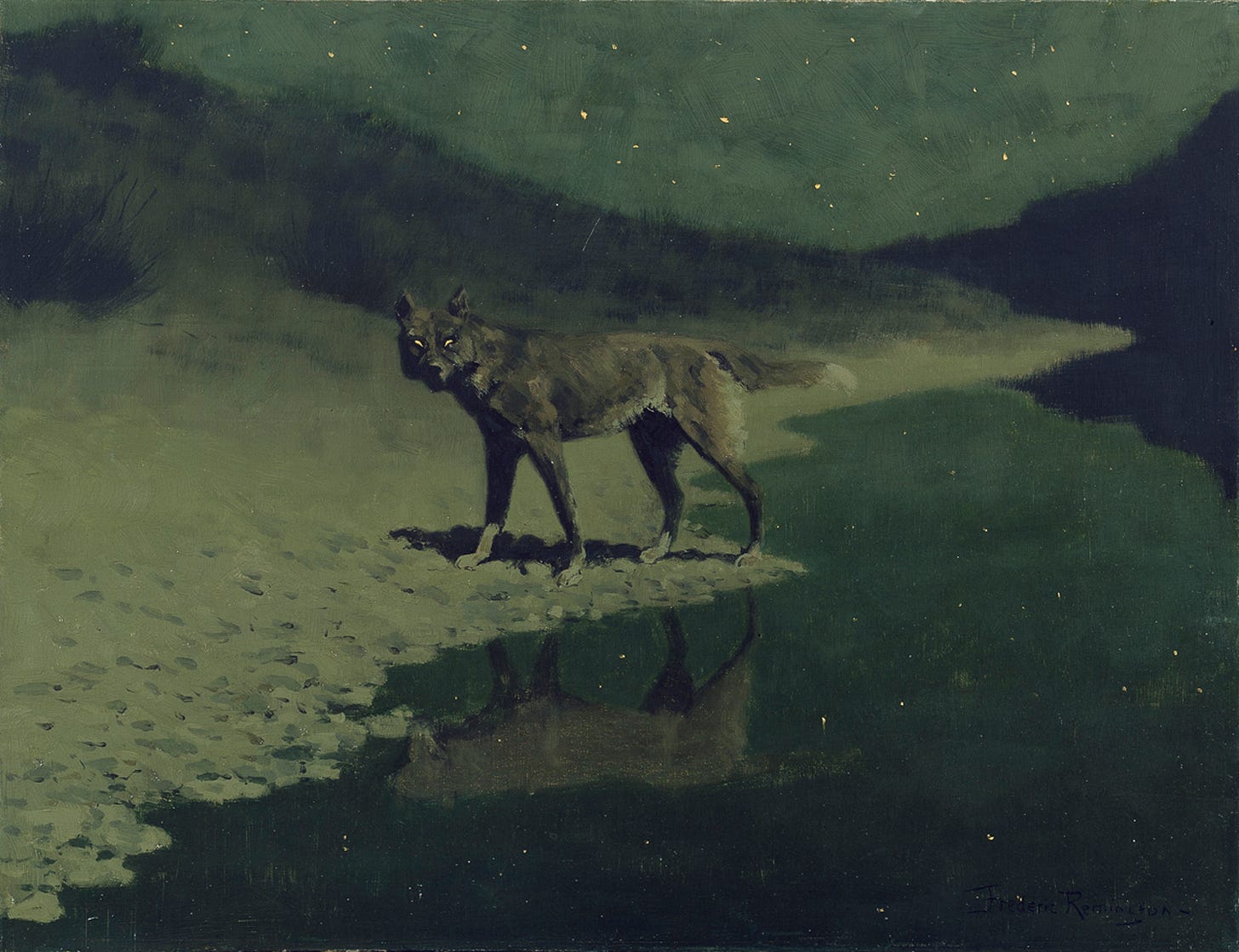
“Call for the robin redbreast, and the wren,” John Webster (c. 1578–c. 1632) writes in the final act of his 1612 revenge tragedy, The White Devil — for “with leaves and flowers” these birds will lightly cover “The friendless bodies of unburied men.”
The friendless bodies of unburied men. That’s about as good as pentameter gets in English: memorable and disturbing, both dulled with melancholy like the muffled drums of a death march and sharp as a knife. It comes in a ten-line passage sung by Cornelia, mother of the chief protagonists of Webster’s play, mad with grief for her children.
We might set Cornelia’s dirge beside a mention of birds in The Duchess of Malfi, Webster’s other famous tragedy. “Hark, now everything is still, / The screech-owl and the whistler shrill,” an assassin calmly explains before he murders the duchess. “’Tis now full tide ’tween night and day, / End your groan and come away.”
Together these passages …
Keep reading with a 7-day free trial
Subscribe to Poems Ancient and Modern to keep reading this post and get 7 days of free access to the full post archives.



